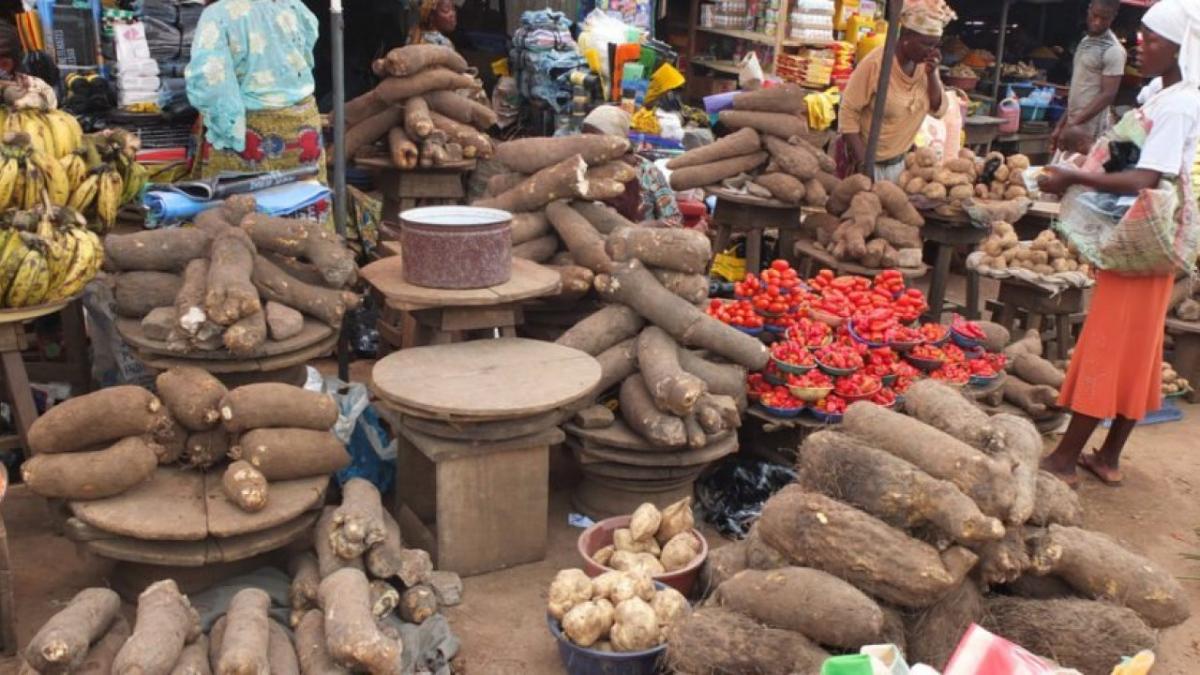There are no products in your shopping cart.
| 0 Items | £0.00 |


RECENT statistics published by the National Bureau of Statistics (NBS) show that the total value of Nigeria's agricultural imports during the first three months of the year added up to N503bn ($1.21bn).
Concerning figures showing how heavily dependent Nigeria still is on the import of agricultural commodities, shows that the total trade in agriculture was N757.4bn in the first quarter of the year. However, exports only totalled N127.2bn, while the total value of imports stood at N630.2bn during the period under review.
An NBS spokesman said: “The total value of trade in agricultural goods in the first quarter of 2021 stood at N757.4bn. The export component of this trade totalled N127.2bn, while the import was valued at N630.2bn.”
This means that the value of imports exceeded the value of exports by 395.44% In the last quarter of 2020, the value of total trade in agricultural goods stood at N588.2bn, while the export component was valued at N55.8bn and the import component at N532.4bn.
According to the NBS report, top exported agricultural products were Sesame seeds, sold mainly to China with a value ofN23.1bn, Japan (N8.3bn) and Turkey (N3bn). This was followed by good fermented cocoa beans exported to the Netherlands (N9.2bn), Malaysia (N5.5bn) and the US (N3.2bn).
Other major exports under this sector included cashew nuts in shell exported to Vietnam and India worth N5.3bn and N5.1bn respectively. With regards to imports, N66.97bn worth of durum was bought from Lithuania, with other sources being Latvia (N41.51bn) and Canada (N41.31bn).
Furthermore, the report added that edible mixtures or preparation of animals worth N82.86bn was imported from Denmark. Herrings were imported at a cosy of N15.8bn from Russia and N14bn from the Netherlands.
Professor Chris Onalo, the chief executive of the Institute of Credit Administration, said: “What largely is held responsible is the impact of herdsmen attack on farmers. That has drastically affected returns from the agricultural sector as there has been palpable fear all around the country, especially the food production states.
“You can take Benue State for example which is the nation’s food basket; obviously, there was a dramatic fall in the production of food. There is also a spill over to south-south states, not to talk about the northern part of the country that hostility has remained unabated as people decamp from their villages to settle in different parts of the north with tremendous amount of fear.”
While saying things should not be allowed to continue in that way, Professor Onalo said if care was not taken, this may not be the worst to happen. At the last Monetary Policy Committee of the Central Bank of Nigeria, its governor, Godwin Emefiele, also expressed fears about the impact of insecurity on food production in the country.